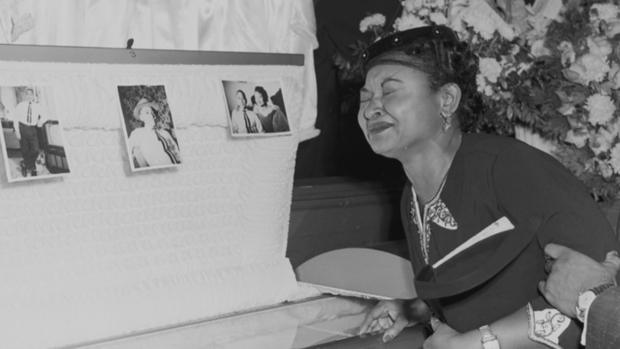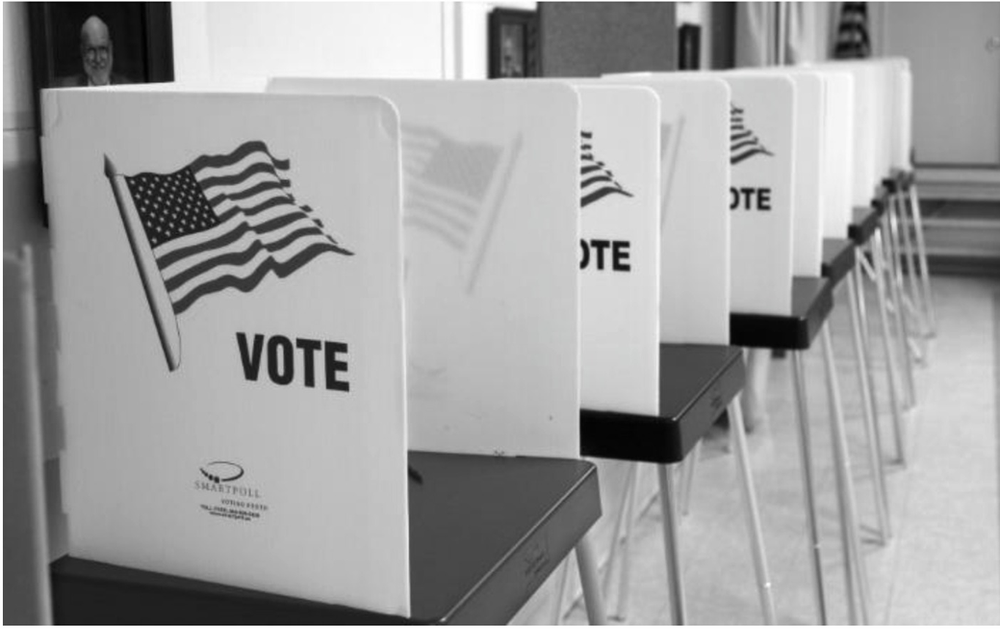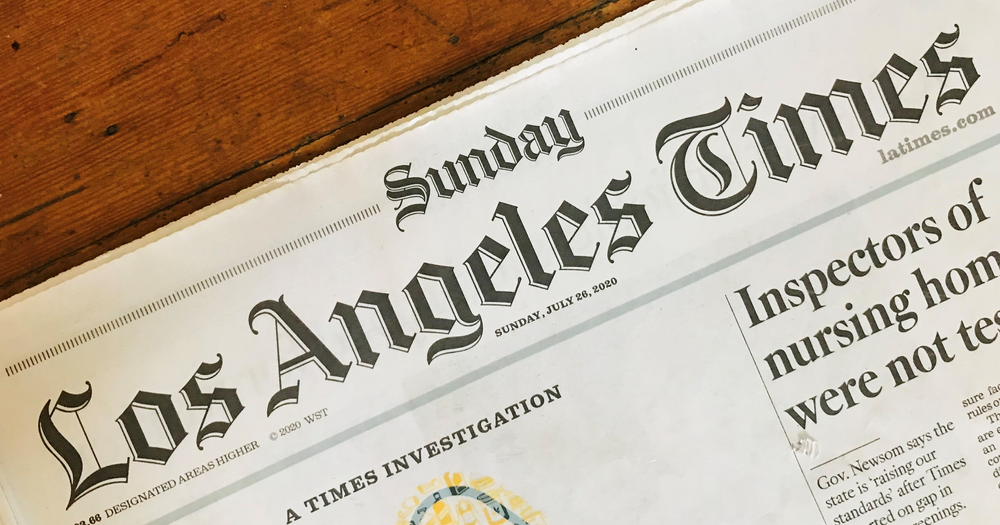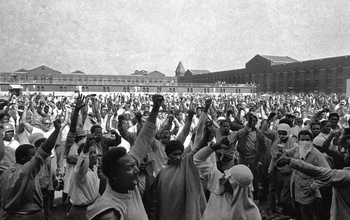In 2016, I was sitting on my couch watching a BLM documentary as the narrator began to unfold the story of the 1955 murder of Emmett Louis Till. I was stunned as the shocking photos of Till’s brutalized body crossed the screen, just as they did when his mother Mamie demanded the media show the graphic images because she “wanted the world to see what they did to my baby.” I turned to my partner, barely able to speak, tears welling up in my eyes. “How could I have not known about this?” My heart was broken wide open. I experienced the immediate and universal horror and anguish any mother would feel at the sight of such cruelty to her child. The pictures of Till’s brutalized body did to me what the 1963 smiling school photos of the four black girls murdered at the 16th Street Baptist Church in Birmingham had not. I looked directly, as a mother, into the face of a child brutalized beyond recognition. It could have been any mother’s child. It could have been my child. As my response moved from my head directly to my heart, I felt the reality and depth of my previous complacency.
At that moment, the realization began to dawn on me; the murder of Till is not an African American story, it is an American story that belongs to all of us. Way beyond the squeamish embarrassment of my ignorance of the event, I was sickened, horrified. The phrase “I’m free, white, and twenty-one” came back to me. The image of Emmett Till’s disfigured face showed me what this casually accepted white supremacy really meant. Participating in the extraordinary benefits of white privilege also means participating in the legacy of violence, theft, and oppression of others that created it. When Mamie Till-Mobley made me look directly at the face of race hate, I felt a loss within my humanity.
In my segregated white childhood, intellectual assent was given to the idea that racism existed in some places in America, and it was very wrong. In Sunday school, I sang the song, “Jesus loves the little children, all little children of the world. Red and yellow, black and white, they are precious in his sight.” That I was unaware of the murder of Emmett Till showed me how the dominant white paradigm shaped brotherly love, mainly within its community.
Emmett Till is the representation of all that has not changed. He and his family still have not received justice for his murder. A bill to make lynching a federal hate crime is still stalled in the Senate. Take action and write your representatives demanding its passage. The Emmett Till Legacy Foundation is asking supporters to hold law enforcement accountable to move his reopened case forward and to demand justice for Emmett Till while the case is active with the Department of Justice. The last known accomplice is alive. Contact District Attorney DeWayne Richardson ,dewayne@msdeltada.com 662.378.2105 to demand #JusticeforEmmettTill. Sign the petition to demand long-overdue justice for Emmett Till 65 years after his brutal murder: ,tinyurl.com/y3v5dauk
@EmmettTill #EmmettTill #EmmettTillLegacyFoundation #BlackLivesMatter




